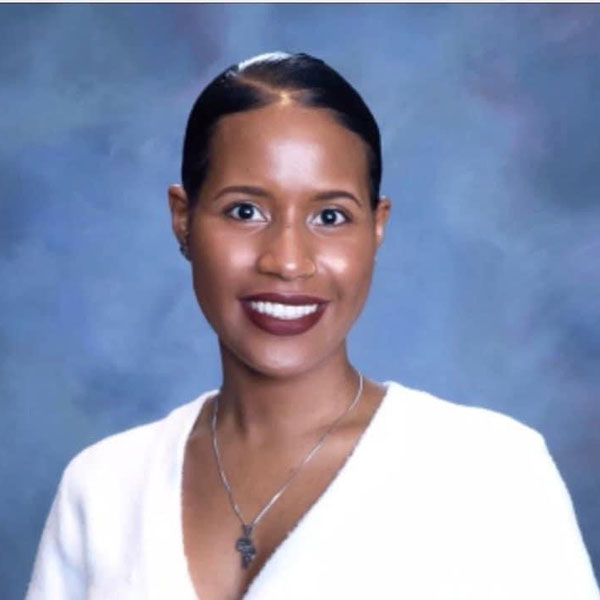Course Overview
This summer STEM course introduces students to the principles of microeconomics and how these principles can be applied to current issues facing individuals and society today.
Students will examine the individual choices of households and firms and the coordination of these choices in markets, and even apply them to their own life. This course establishes the foundation of modern Western economic thought.
All students who successfully complete the course will receive a Certificate of Completion and have the opportunity to request a Syracuse University credit transcript.
Learning Objectives
Gain a firm understanding of the principles of microeconomics. Topics include:
- Introduction to Microeconomics: Scarcity, Opportunity Cost, Core Principles of Microeconomics
- Science of Economics: Economic Modeling, Circular Flow Model, Production Possibilities Frontier
- Gains from Trade: Specialization, Absolute Advantage, Comparative Advantage
- Market Outcomes: Market Demand, Market Supply, Equilibrium
- Market Elasticities: Price Elasticity of Demand, Price Elasticity of Supply, Income Elasticity, Cross-Price Elasticity
- Measuring Efficiency: Consumer and Producer Surplus, Total Surplus, Defining Efficiency
- Sources of Inefficiency: Price Controls, Taxes, Externalities, Public Goods
- Costs of Production: Short-Run Production, Various Cost Measures, Long-Run Production
- Market Structures: Competitive Markets, Monopolies, Oligopolies, Monopolistic Competition
Course Information
Course Prefix and Number: ECN 101
Format: On Campus (at Syracuse University)
Eligibility: Students must be of rising high school junior or senior status – or a 2026 high school graduate.
Credit: 3 Credits
Grading: A-F
Cost:
- Residential: $5,595
- Commuter: $4,624
Program rates are subject to change and will be approved by the board of trustees. Discounts and scholarships are also available.
Program Information
Summer College – On Campus: Experience what college is really like: take a college-level course, live in a residence hall, have meals with friends in a dining hall, and participate in activities and events on campus.
“The Economics program increased my knowledge of the subject matter tenfold. It really prepared me for my AP Econ this school year.”
— Summer College Microeconomics Student, 2019
Course Dates and Details
| Program | Course Dates | Synchronous Class Time (Eastern Time) | Credit/Noncredit |
|---|---|---|---|
| Summer College – On Campus | 2-Week Session I: Sunday, July 5 – Friday, July 17, 2026 | MTWThF; 9 a.m. – 1 p.m. | 3 Credits |
To see if this course is ‘open,’ refer to the full course catalog.
Required Materials
Required Supplies:
- Students are required to have a simple calculator
Required Textbook:
- MindTap for Mankiw’s Principles of Microeconomics, 1 Term Instant Access
Please know that any supply purchases are not included in the overall tuition fee. Students will need to budget for additional course supplies, textbooks, supply kits, etc.
Typical Day
Tentative Schedule
Classes will be held every weekday from 9 a.m. to 1 p.m., with a 20 minute break at 11 a.m. In addition, office hours with the TA and instructor will be available after class.
When class is over, and on weekends, students can look forward to various Summer College – On Campus activities to meet and connect with other students! Check out our On Campus Experience page for more information!
Faculty Bios
Neiva Fortes

Neiva, pronounced as “Nayva,” was born in Scranton, Pennsylvania, but was raised in Cabo Verde. She knows how to speak and write Cape Verdean Creole which is a mix of Portuguese and French. She can understand and speak Portuguese and Spanish.
Neiva attended Hartwick College as an undergraduate, double majoring in mathematics and economics. Upon receiving her B.A., she decided to go straight into a Ph.D. program in economics.
Neiva lives in Syracuse and enjoys playing soccer. Neiva is very excited to learn how to become the best researcher she can be, and with the guidance of her advisor and the professors at SU, she is very confident in achieving that goal!
